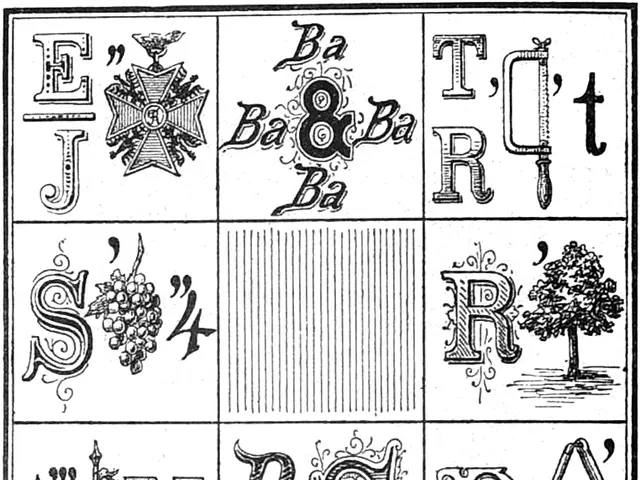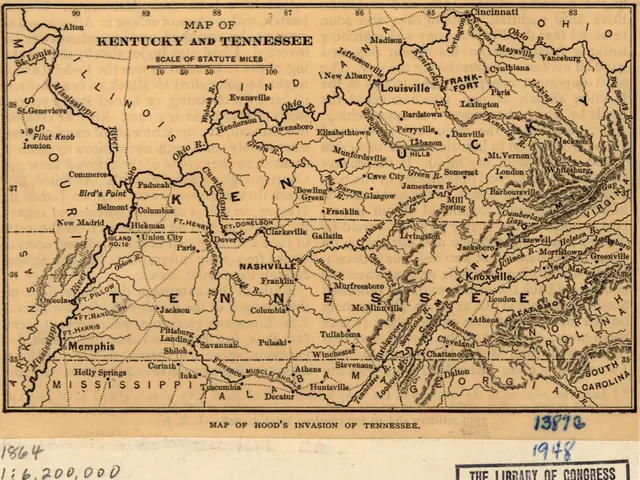Trump's unyielding tariff policy impacts harshly on the intricate world of international politics
President Donald Trump's threatened tariffs on India and secondary sanctions on Russian energy could reshape global trade dynamics, potentially affecting the US-China trade talks and the ongoing trade truce with China.
Impact on US-India Trade Relations
The imposition of tariffs on India, potentially reaching 50%, could disrupt trade between the two nations. This move would harm Indian exports and increase costs for US consumers and businesses, potentially leading to inflation. The tariffs also undermine the strategic partnership framework between the US and India, escalating tensions and redefining international negotiation through coercion rather than cooperation.
Impact on US-China Trade Talks
Trump's aggressive tariff policy could complicate the ongoing trade talks with China. The hardline stance against India might influence China's negotiating posture, as it observes the consequences of not complying with US demands. By enforcing stringent tariffs on India, the US may be signaling a willingness to use economic coercion, which could either deter China from engaging in similar actions or prompt China to seek stronger trade agreements with other nations.
Impact on Global Trade Dynamics
The use of tariffs as a tool for geopolitical leverage increases global economic uncertainty. This could lead trading partners to seek stronger alliances outside the US, potentially weakening the US's influence in international trade. The stability of the US-China trade truce could be threatened if China perceives the US as unreliable or overly aggressive in enforcing trade policies, potentially leading to a re-escalation of trade tensions.
Impact on Russian Energy Sanctions
The sanctions on Russian energy aim to pressure nations like India to stop importing Russian oil. However, this could lead to increased energy costs for these countries and force them to seek alternative suppliers, potentially strengthening Russia's ties with other nations.
In summary, Trump's tariffs on India and sanctions on Russian energy create a complex web of trade tensions that could destabilize global trade dynamics, complicate US-China trade talks, and increase economic uncertainty worldwide. The dispute with India is specific to the trade talks and not directly related to Trump's escalating threats towards Russia. The decision on extending the trade truce with China now depends on Trump's decision regarding his deadline with Putin.
- The growing concerns over war-and-conflicts, such as the potential escalation between the US and Russia, could impact businesses and consumers alike, as the sanctions on Russian energy may disrupt global energy markets, leading to casino-and-gambling opportunities for those who can navigate the uncertainties.
- In the realm of politics and policy-and-legislation, the move to impose tariffs on Indian exports could face resistance, as general-news outlets provide platforms for discussions and debates on the merits and drawbacks of such actions.
- As the poker game of international trade continues, the US's coercive approach may affect the strategic partnerships between nations, prompting countries to reassess their alliances and explore alternative business opportunities in casino-games like energy trade.
- On a broader scale, the current trade disputes and crime-and-justice issues arising from Trump's aggressive tariff policy serve to question the fairness and long-term sustainability of certain policies, challenging the conventional norms of international trade and diplomacy.








